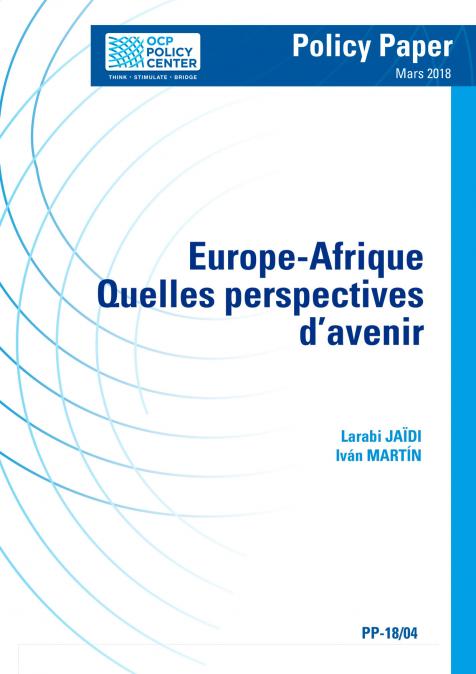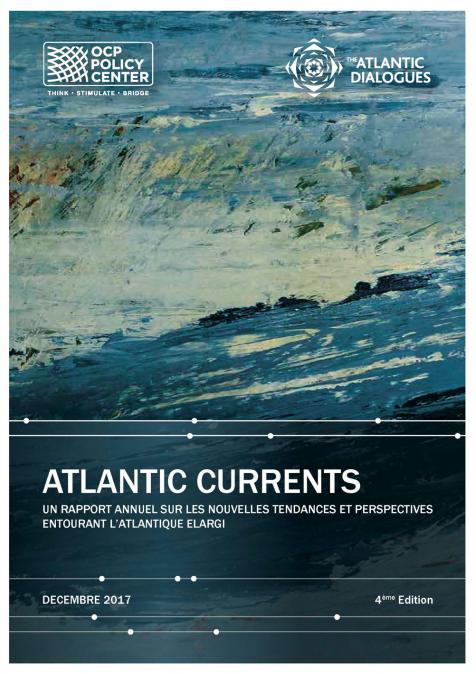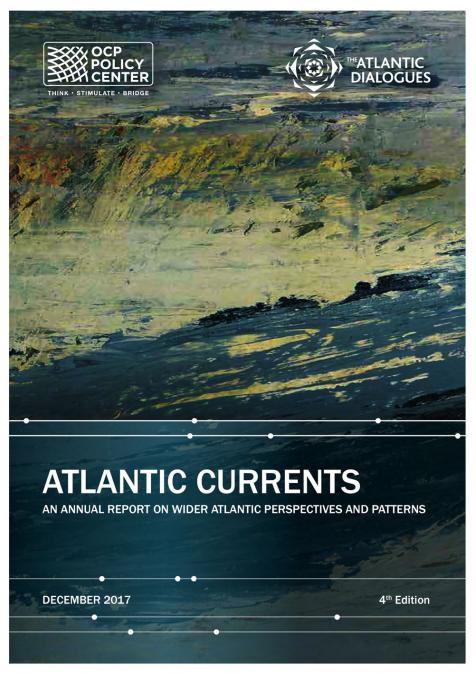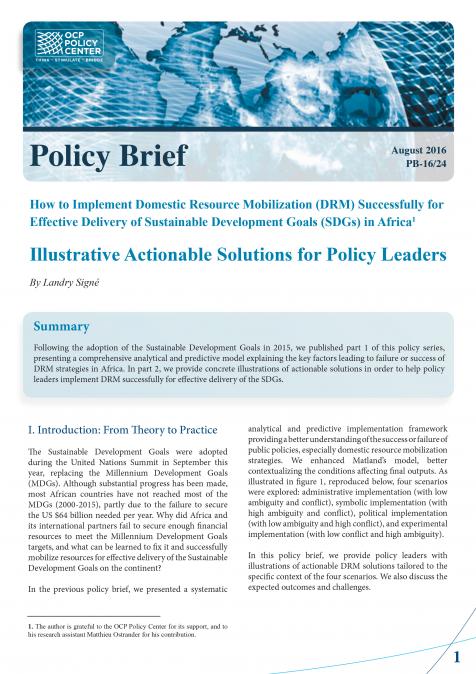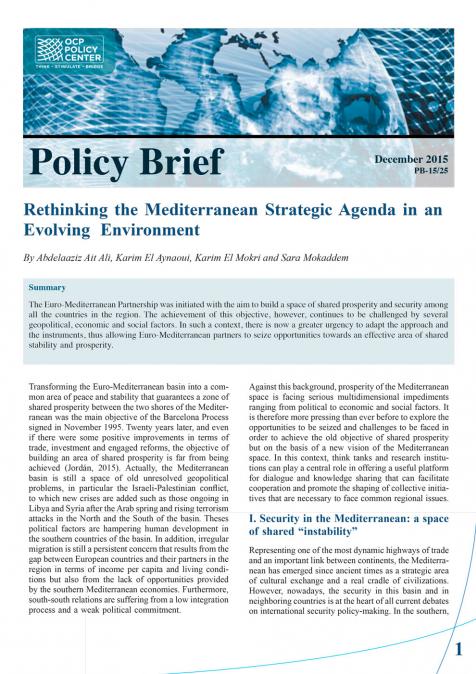حديث الثلاثاء : مستقبل مجموعة البريكس بعد التوسّع، بين الحوافز وحدود الفاعلية: أي آفاق للجنوب؟
يخصص مركز السياسات من أجل الجنوب الجديد حلقة برنامجه الأسبوعي "حديث الثلاثاء" لمناقشة مستقبل توسّع مجموعة البريكس بعد قمّة 2023 بين الحوافز وحدود الفاعلية: أي آفاق للجنوب؟ بعد انعقاد القمة الخامسة عشرة للاقتصادات الناشئة الخمس (البرازيل وروسيا والهند والصين وجنوب أفريقيا)، قامت المجموعة بدمج ستة أعضاء جدد من الجنوب (الأرجنتين ومصر وإثيوبيا وإيران والسعودية والإمارات). هذا المعطى يضعنا أمام تساؤلات عدة: لماذا هده الدول وليست غيرها؟ ما هي المعايير التي اعتمدتها المجموعة لقبولها؟ هل الانضمام يعكس أبعاد سياسية؟ من المستفيد هذا التوسع؟ ما إمكانية انشاء عملة موحدة؟ هل يعد التوسع خطوة أولى نحو التخلص من الدولار؟ هل هذا التوسع ليس بداية جديدة لهيمنة الصين؟ هل تؤسس بريكس لنظام عالمي متعدد الأقطاب؟ ما مستقبل المجموعة وماهي حدود الفاعلية؟ وما مستقبل الجنوب الجديد بعد هذا التوسع؟ إلى أي مدى سيسهم في الدفاع بشكل أفضل عن مصالح الجنوب؟ أسئلة وغيرها نناقشها رفقة ضيفينا الأستاذ العربي الجعيدي والأستاذ محمد لوليشكي باحثان بارزان بمركز السياسات من أجل الجنوب الجديد.





